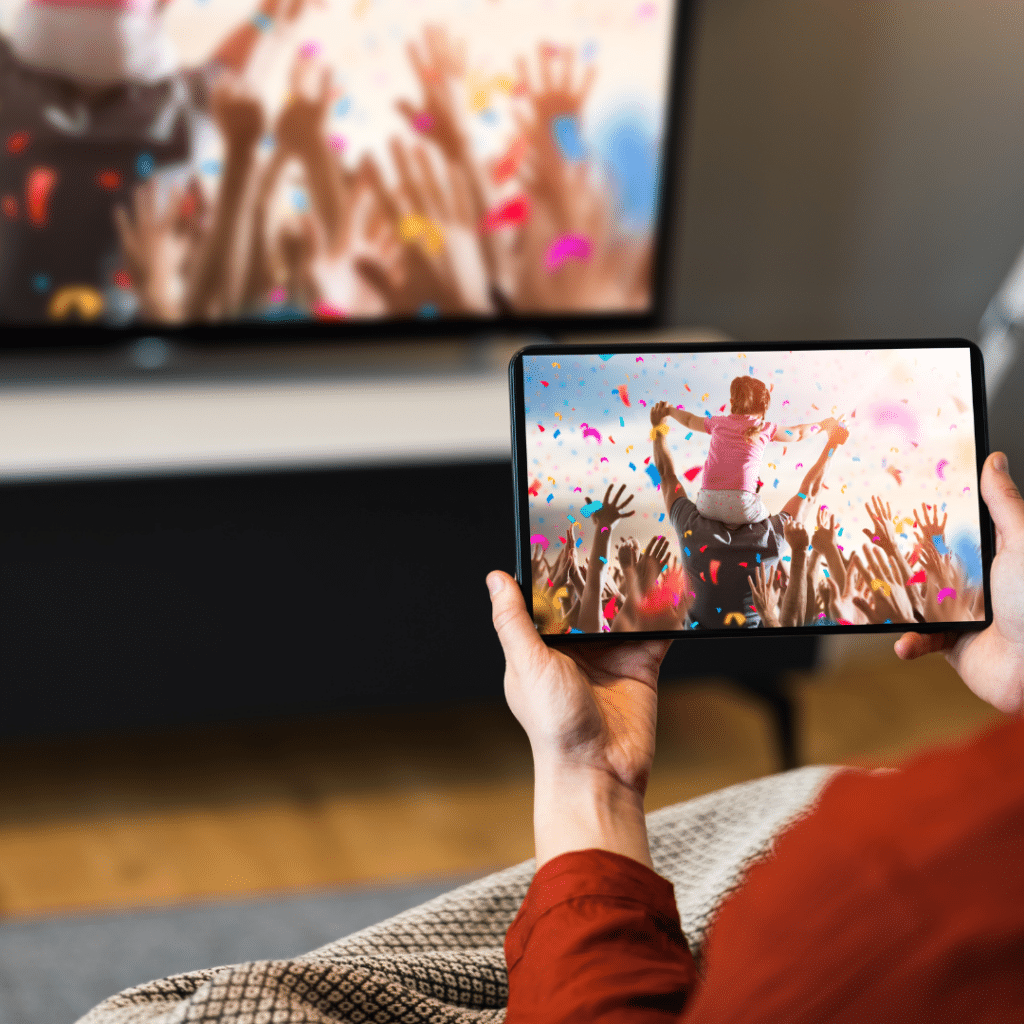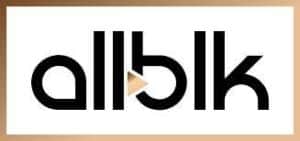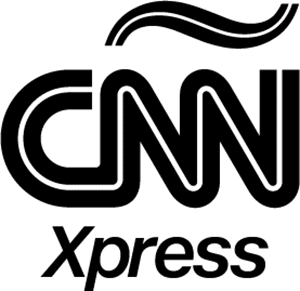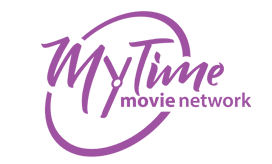A recent study showed 2.9 percent of cable and satellite subscribers intend to cancel cable in 2015, which may not sound significant, but in fact represents millions of people who are fed up with the high costs and poor customer service.
With the finales of fall TV favorites over and done with, summer is an ideal time to join the cord cutting ranks. However, some folks may not even know how to get started. For you, dear cord-cutting noobs, we’ve put together a handy four-step guide to cancel cable.
Keep reading or use these quick links to check out the different steps:
- Step 1 – Sourcing Content
- Step 2 – Choosing Screens
- Step 3 – Getting into Gadgets
- Step 4 – Reap the Rewards
Step 1 – Sourcing Content
The first step to cancel cable is figuring out where you’re going to get your TV and movie fix if you’re not getting them from cable. There are several alternatives and we’ll outline each one and how to get started.
- Over-the-Air (OTA) TV:
You may not know this, but it’s FREE, easy and legal to watch broadcast TV. Most major networks (like ABC, CBS, NBC & FOX in the US and CBC, CTV and Global in Canada) transmit their live TV signals from huge towers in most cities in North America.- Why OTA TV?: Over-the-Air TV will let you watch 47 of the top 50 shows on television live, as they happen. This is especially critical for special live events like the Oscars, the New Year’s Eve ball drop and sports, which are difficult, if not impossible to stream from other sources. Plus, if you want to record shows to watch later or stream them to devices like smartphones and tablets, you can pick up an OTA DVR like Tablo.
- How To Get OTA TV: Use the Tablo TV signal locator tool to find out what channels are available in your area. Then pick up an Over-the-Air antenna and connect it to the back of your TV. (Models made after 2004 will have a tuner able to receive digital signals without the need for a converter.) The type of antenna you’ll need will depend on how far away from the broadcast towers you are. (To get this information, check out TVFool.com.)
- Over-The-Top (OTT) Streaming Services:
The availability of TV and movies streamed over the internet has been one of the leading drivers of the cord cutting revolution. OTT Services like Netflix and Amazon provide on-demand access to thousands of TV and movie titles over the internet. A new service called Sling TV provides live streams of your favorite cable channels, but some users have lamented that it lacks a DVR capability. You can also purchase ‘season passes’ on Amazon Instant Video and iTunes.- Why OTT? Streaming services can round out your viewing options with cable-only content that isn’t available Over-the-Air and also give you access exclusive original series that some OTT streaming services are now producing.
- How To Get OTT: Most services offer quick and easy signup via their websites. Once you’ve paid for the content (either monthly or a la carte) you can start watching right away on a variety of devices including TVs (via set-top-boxes or SmartTVs), computers, tablets and smartphones.
- Internet Video:
The web is full of video content in addition to streaming services. YouTube, Vimeo and Vevo could keep you busy for days with content which is mostly free and many news websites offer clips. And those are just the legal options…- Why Internet Video? The video you want is likely just a google search away. Nothing could be more simple.
- How To Get Internet Video: For most people, the internet is a utility whose importance is only slightly behind electricity or water for many folks, the internet is the cord that they can’t cut with their cable providers. Access to a stable high-speed internet connection really is a pre-requisite for being a cord cutter. Without it you just can’t stream video content nor can you access TV guides for Over-the-Air content. If you’re going to be doing a lot of streaming you’ll want to look at a service that offers at least 5Mbps speed and 300 GB of data. So it’s worth doing some research to see if you have a local independent ISP in your area which may offer more reasonable pricing and contract options than the incumbent cable company.
Step 2 – Choosing your Screens
While most folks watch things on a big screen television, many (especially the younger generations) are watching video content on smaller screens like tablets and even smartphones. There’s lots of choice at your local big box store no matter what size screen you’re aiming for so here are some things to keep in mind.
- Big Screen Television Considerations
Over the last decade, the TV world has changed drastically, so it’s time to ditch the old boxy CRT for a more modern flat screen and not just for looks.- Digital TV Features explained:
Modern TVs have a few key technologies built-in that you’ll want to take advantage of:- LCD vs OLED – Gone are the days of the LED vs Plasma TV debates, today the question is LED vs OLED and CNET has done a great job explaining the differences and what they mean to you.
- Digital TV tuners – Sets made before 2004 may not have tuners that can decode digital transmissions from antennas and could require a converter box.
- HDMI connections – Set-top-boxes and computers cannot easily connect to older TVs so streaming content from the web to your big screen will be difficult, if not impossible.
- ‘Smart’ features – Smart TVs are those that connect directly to the internet allowing you to surf the web and view content from some streaming sources without the need for additional hardware. While SmartTV functions can be cool, some aren’t convinced that they’re worth the extra cost compared to a regular flat screen so be sure to do your homework.
- Digital TV Features explained:
- Small Screen Considerations
If you’re under 25, you may not even own a TV. But even if it’s been a while since you’ve seen your 20s, commuters and travelers may appreciate the flexibility of a smaller, more mobile screen. Today, it’s quite easy to get content, including live TV, on your laptop computers, smartphones and tablets using a combination of streaming services and gadgets like an OTA DVR.- Small Screens = Big flexibility
- Personal Video – While they aren’t ideal for group viewing, a tablet or a laptop makes catching up on your favourite show in bed or on the back porch a snap and watching video on a smartphone can make a bus or train commute much less painful.
- Processing Power – Obviously, the newer the laptop, tablet or smartphone the better processers and software they’ll have, which means smoother streaming and less buffering. Unfortunately, older models may not have the necessary hardware or operating systems to run the apps or programs you’ll want.
- Extending the Screen – Laptops or computers with HDMI out ports can be connected directly to a TV with an inexpensive HDMI cable, essentially turning your TV into a giant monitor. Since most people already have a computer and a TV, it’s definitely an easy and cheap way to get started on cord cutting.
- Small Screens = Big flexibility
Step 3 – Getting into Gadgets
With your content sources and planned viewing screens mapped out, you will need to invest in some complementary cord cutting gadgets to enable you to access the content wherever and whenever you want.
- Streaming Devices & Set-Top-Boxes
HDMI streaming devices like Roku, Amazon Fire TV, Apple TV, Chromecast and Android TV are surging in popularity. (Over 2 million Roku devices were sold last year alone.) Streaming devices connect to your TV via HDMI and connect to the internet via WiFi or Ethernet to bring beautiful HDTV content to your big screen TV.
- A New Way to Channel Surf
- Making Dumb TVs Smart – While you can connect your computer directly to your TV or get a SmartTV as we mentioned earlier, a set-top-box basically makes a ‘dumb’ TV smart. It also gives you the ability to navigate the screen using a remote instead of a mouse and keyboard all in an easily upgradeable and cost-effective package.
- All your content in one place – Most set-top boxes come with built-in apps or channels for popular streaming services as well as integrations for other technology like OTA DVRs.
- Box vs. Stick – Some of these devices, like Roku and Amazon Fire TV come in box and stick variants. While you may be tempted to choose the cheaper variant, sticks may lack some of the power and features of their box-style cousins.
- Internet Routers
If the internet is the indispensable utility of the cord cutter, the router is the most important piece of the entertainment infrastructure.- It’s not you, it’s your network
- You get what you pay for – Your router delivers streaming content from the web to your screens so a good quality router can make the difference between a good cord cutting and streaming experience and a bad one full of stuttering and buffering video feeds.
- Buy vs. Rent – If possible, invest in your own WiFi-enabled router. Not only is it cheaper in the long run to buy this critical piece of hardware vs. renting it from your ISP, but it may be faster and more powerful than available rentals.
- Coverage is Key – Look for a dual-band router that will cover the full square footage of your home and has ease-of-use features like UPNP (universal plug n’ play) that make connecting other devices to your network easy.
- Trust the Experts– The Wirecutter has some quality router reviews that we trust if you want some well-tested recommendations.
- It’s not you, it’s your network
Step 4 – Reap the Rewards:
Now you’ve found your perfect mix of content, screens and supporting gadgets that work best for your family’s entertainment ecosystem, all you have left to do is sit back and enjoy the video content you want, wherever you want, whenever you want. All while putting your hard earned money back into your pocket each month instead of into the coffers of the big cable/catellite companies. With the average cable bill hovering around $85/month, you could save thousands of dollars a year and pay off your initial technology investment in as little as a few months.



